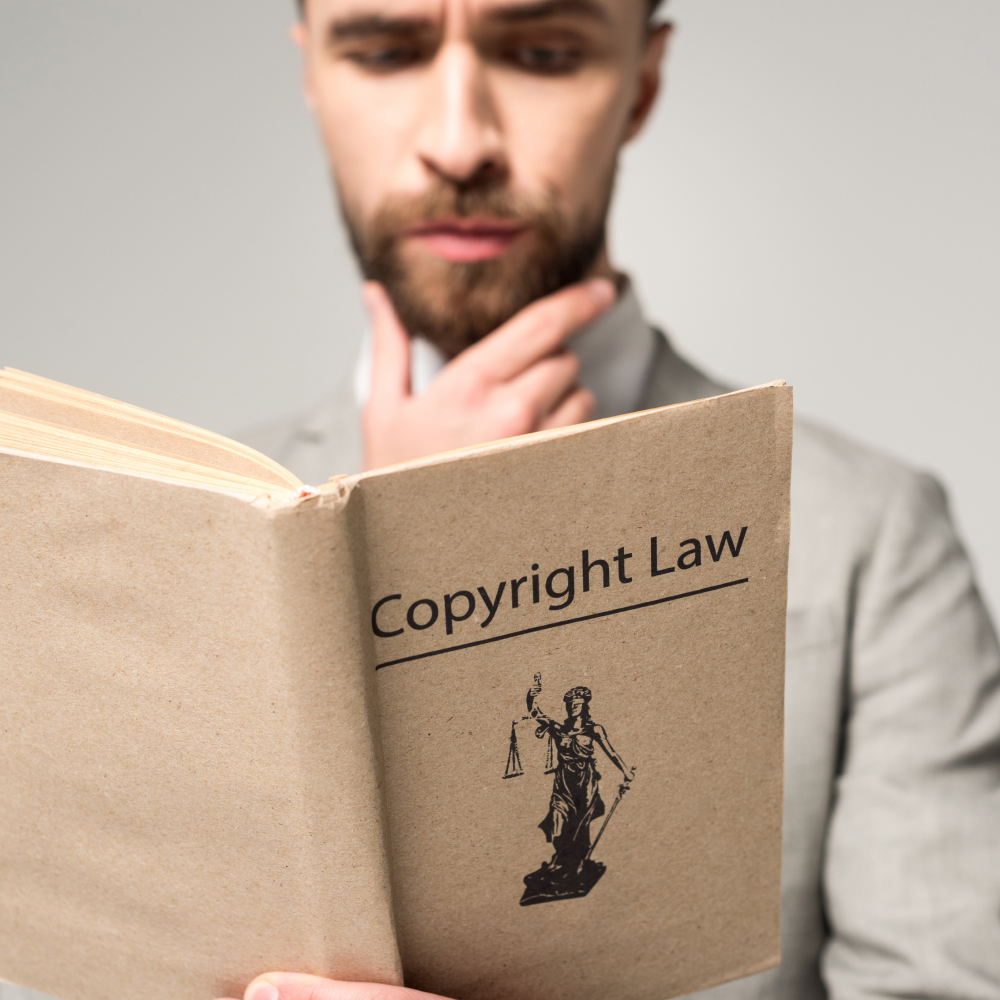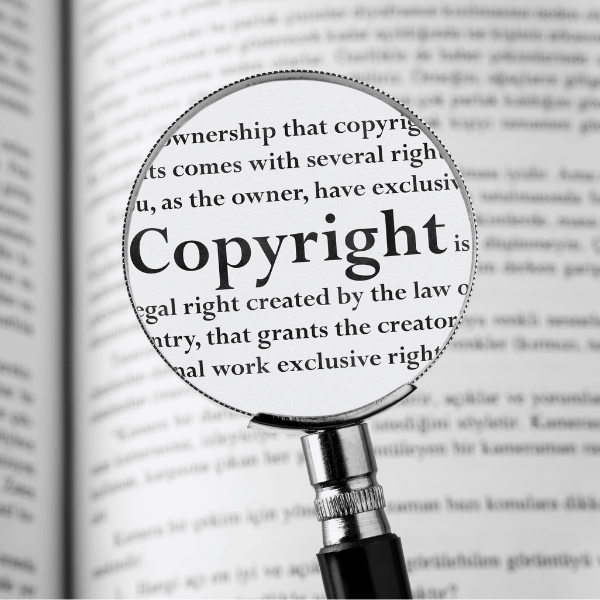Available Throughout Florida
The result of the complexity of the law is multiplied by the inherent ambiguity in the law. Expensive expert witness are often essential and carry their own large price tag. Jurors not trained in this particular area, and judges rarely have an extensive background in trademark law. No lawyer can give strong assurances of prevailing, especially when the critical test is whether the two works are “substantially similar.” In addition, trademark disputes are often difficult to evaluate from a damages perspective, as it can be challenging for the parties to produce evidence of damages they seek, and even more challenging for the jury to arrive at a fair award.


The marriage between Title 17 of the United States code and the code of federal regulations is not a subject easily mastered. Hiring a mediator experienced in copyright law provides the participants the opportunity to immediately begin addressing the dispute without spending time educating the mediator about the law.
Using an experienced copyright lawyer as your mediator offers the parties the opportunity to lean on the mediator’s experiences in handling copyright cases to help both sides understand what they face in the lawsuit. Whether it be helping the parties understand the substantial similarity test on source code, the evolving standards for architectural works, or how jurors may react to damage theories, an experienced trademark mediator can help find common ground and resolve the dispute.
Get expert support for intellectual property matters, including protecting innovations and trademarks.